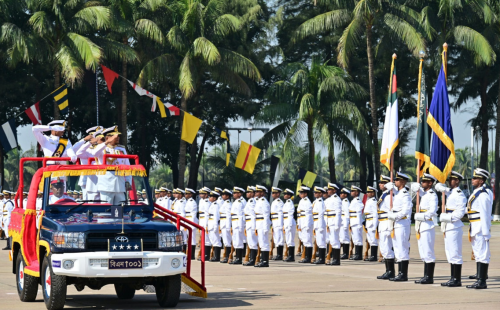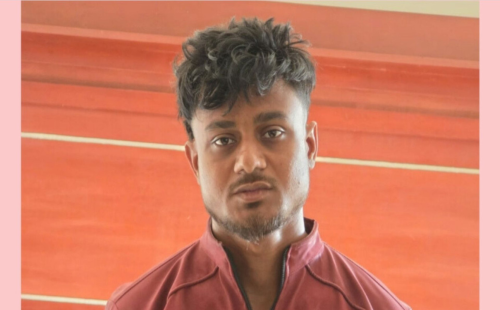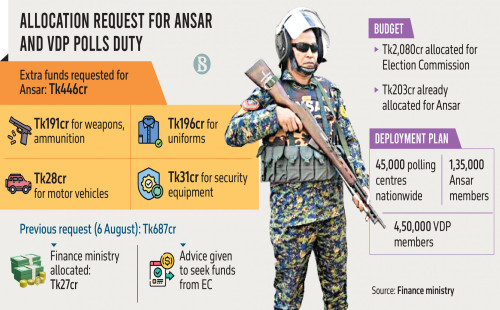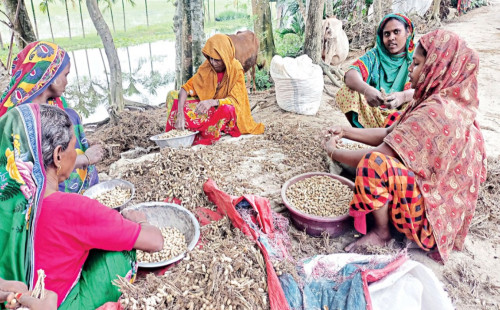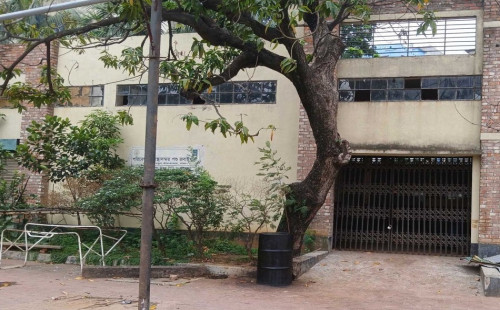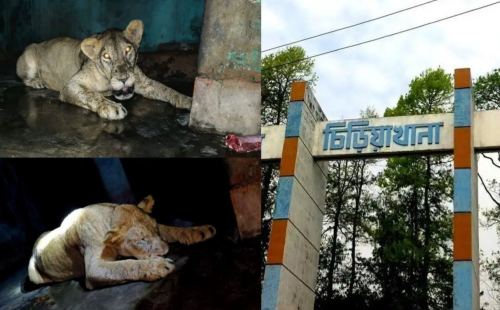Victory Day, an outcome of ordinary Bengalis’ growing consciousness

In 1947, the British left India by
creating two countries, India and Pakistan, based on the two-nation theory.
This division of the country did not give peace and comfort to the Bengalis of
East Pakistan. Although the Bengalis were the majority in number and their
language was Bangla but the Pakistani ruler desperately declared Urdu as the
state language in 1948. As a result, the Bengalis revolted.
To protect the dignity of their
mother tongue Bangla, they shed fresh blood on the streets. The language
movement of February 21, 1952, is one of the phases in the development of
Bengali consciousness. The language movement created a new national consciousness
among the common people of East Pakistan. For the first time, the Bengalis of
East Pakistan became aware of the establishment of independent rights. They
even feel the need to fight to establish their political, economic, social and
cultural rights.
The intellectual and the student
community of the country played a leading role in the language movement. They
united the common people and inspired the entire Bengali nation to fight for
the right of their mother tongue. Despite being victorious in the state
language movement, the unconcernand neglect of the Pakistani government towards
the people of East Pakistan created intense dissatisfaction among the Bengalis.
Besides education and cultural inequality, political repression, oppression and
economic exploitation-deprivation caused extreme anger among the Bengalis. So
they are again active in establishing their autonomy.
It is pertinent to mention here that
besides the political leaders, different occupation groups, the teachers,
students and the intellectual community of the country have played a leading
role in instilling this consciousness in the common people. It is worth
mentioning that Bangabandhu Sheikh Mujibur Rahman, the Father of the Nation and
the best Bengali for thousands of years, took an active part in this movement
from the very beginning and provided leadership. In 1966, in Lahore, Pakistan,
in protest of the continuing discrimination, exploitation and deprivation of
East Pakistan, Bangabandhu proposed six points for the autonomy of East Pakistan.
The 6 points were the Bengali’s ‘Certificate
of Liberation’. Bangabandhu had to be imprisoned again and
again while campaigning for 6 points. The Pakistani government identified
Bangabandhu's 6 points movement as an independence movement of Bangalis against
Pakistan. Bangabandhu’s 6-point movement got the highest
popularity among ordinary people. They see their autonomy among these six
points. This led the Pakistan government to file a sedition case against
Bangabandhu in 1968 under the name ‘Agartala
Conspiracy’ and arrest him. As a result, the people of East
Pakistan erupted in protest of it. In 1969, the Dhaka University Central
Student Union (DUCSU) and the general students formed the ‘Sorbodolio
Chatra Sangram Parishad' and formed a mass movement with an 11-point programme
demanding the release of Bangabandhu. At that time Bangabandhu has become one
of the undisputed leaders of the people of East Bengal because he was able to
instill consciousness in them. The government of Pakistan was forced to release
Bangabandhu in the face of intense public agitation.
The national consciousness of the
Bengalis in East Pakistan increased so much that they completely rejected the
Pakistan People’s Party, the most powerful party in
the 1970 election. The West Pakistanis were terrified of the huge victory of
the Awami League-led by Bangabandhu Sheikh Mujibur Rahman and the collapse of
the Pakistan People’s Party. Therefore, the transfer of
power takes refuge in various deceptions. Concerned about the future of the
Bengali nation, the Father of the Nation Bangabandhu Sheikh Mujibur Rahman
called for a non-cooperation movement against the central government.
After the mass uprising of 1969, the
Awami League won a majority of seats in the 1970 elections, but the Pakistani
government began to delay the transfer of power. The indomitable Bengali nation
stood up against the genocide when the invading forces of Pakistan
indiscriminately carried out genocide on the night of March 25 in the name of
dialogue and the undisputed leader of the Bengali nation Bangabandhu Sheikh
Mujibur Rahman declared the independence of Bangladesh in the early hours of
March 26. As a result, Bengalis’ movement for independence started.
Earlier, on March 7, 1971, Bangabandhu gave a historic speech at the Race
Course Ground instructing the people to be fully prepared for war, which
historians refer to as the Declaration of Independence.
The role of the war of liberation in
the elimination of political, economic, social and cultural inequalities in the
life of the Bengali nation and also in the rise of independent Bangladesh is
immense and undeniable. The people of East Pakistan saw the war of liberation
of 1971 as a great means of liberation from their long history of humiliation,
deprivation and oppression. Not only that, the symbol of their hopes and
aspirations, the strong voice for the realization of demands, appeared on the
battlefield for an independent motherland in response to the call of
Bangabandhu Sheikh Mujibur Rahman, the father of the Bengali nation and the
greatest Bengali for thousands of years. In exchange for the blood of millions
of martyrs and the veneration of thousands of mothers and sisters, after 9
months of bloody war, on December 16, 1971, the much-desired independence was
achieved. Bangladesh appeared on the map of the world as an independent
sovereign country. Victory Day is the unique outcome of the growing
consciousness of ordinary Bengalis. Source: theindependentbd.com
The writer is a Research Consultant,
Human Development Research Centre (HDRC), Dhaka.


